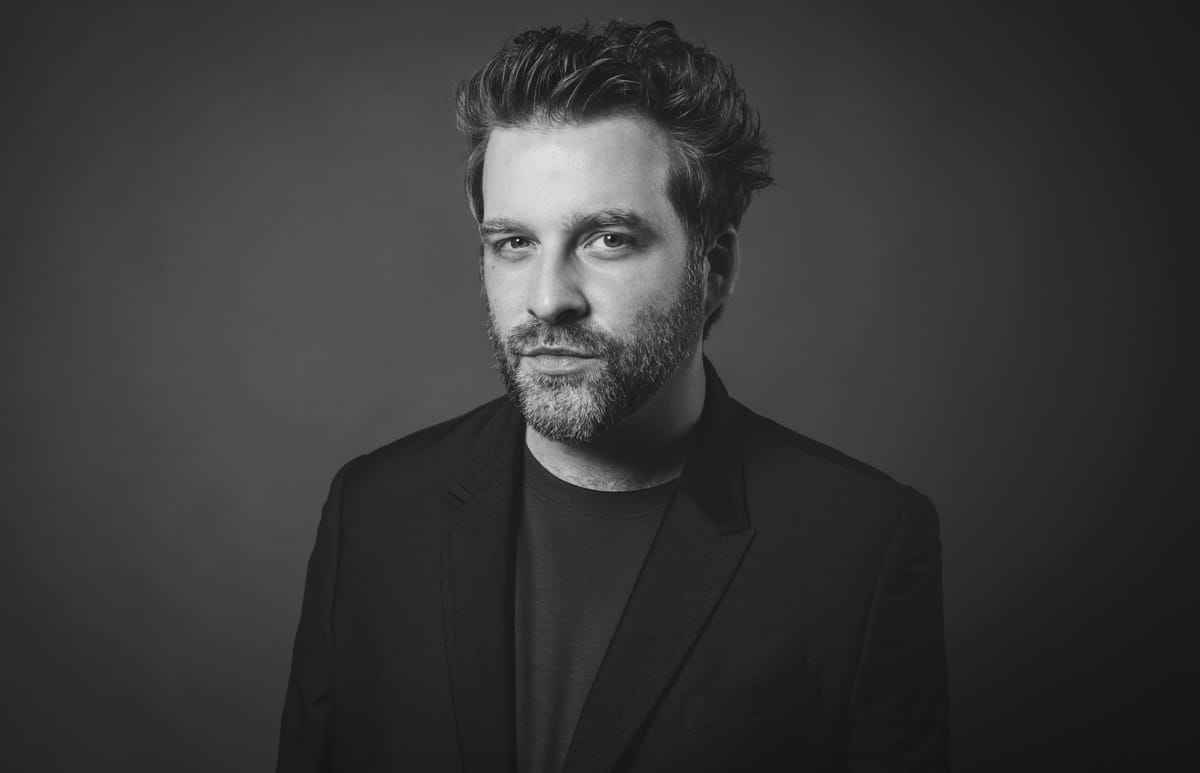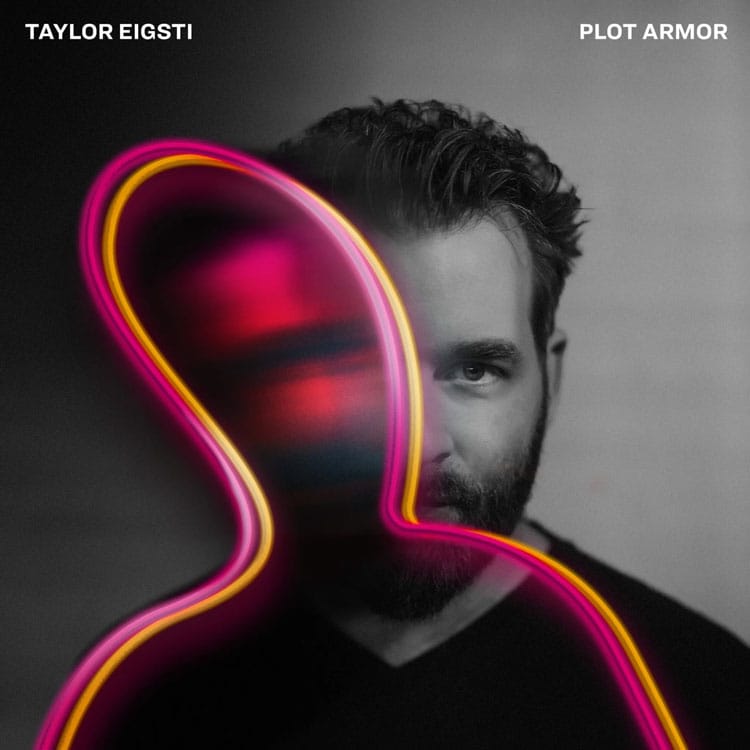Taylor Eigsti: jazz music to understand his recent past

Finding yourself in the other even when the compositions bear your name; from one moment to another, the intimate experiences become collective and acquire a new significance. Music: a kind reminder of the duality that can be inhabited, that of the creator and the listener.

Through musical language, be able to recount the recent story of your life, at the same time that your ears remain open to listen to new textures of what only happened to you. "My mom, sister, and dad passed away, so I lost my entire immediate family; I’m the only one left, and the only way to move on with life is to realize that maybe there is a purpose to that. Making the music more personal and honest to my story enables me to find the purpose of creating music." The words are from pianist Taylor Eigsti, who returned to the recording studio with his other family: the musicians with whom he has played on albums and stages over the years.
Plot Armor -his ninth record as a bandleader- is full of personal elements. "The concept of the album is character protection." In the film industry, plot armor means shielding key characters from harm, ensuring they consistently emerge from dangerous situations with minimal consequences. In that sense, music becomes a safe place where the character can survive the loss. "When creating something, trust that it has a purpose, and the purpose will be revealed in different ways. In my case, it gave me a concept to work while going through that life. My mom passed away, and we started recording this album about two days afterward -it was too late to cancel- so the passing of my mom and being very alone made me deeply contemplate, what family do I have left?"
Throughout 12 songs, it's possible to witness structural elements that capture the constant transition between the simplicity and complexity of life. "I wanted an album that felt like 3D, so it was essential to me to have certain songs where you hear a viola, then this viola suddenly turns into a saxophone, and then saxophone turns into guitar or a flute that came out of nowhere." Returning to each of the tracks is discovering textures and sounds that were always there.
Who's behind the drums? Is it the same guitarist? These are the kinds of questions that naturally arise when delving into a production like this. In this ensemble, each instrument boasts two musicians: Gretchen Parlato and Becca Stevens on vocals, Ben Wendel and Dayna Stephens on saxophone, Charles Altura and Julian Lage on guitar, Maya Kronfeld and Eigsti himself on keyboards, David "DJ" Ginyard and Harish Raghavan on bass, and Oscar Seaton, Jr., and Kendrick Scott on drums. "The flute was the only instrument without multiple representatives," he remarks. "However, Rebecca Kleinmann often performed triple duties, playing various parts simultaneously. So, in a way, she had her clones." And that's not all; we've got special guests like vocalist Lisa Fischer, trumpeter Terence Blanchard, and a string quartet adding their magic to the mix.
"Many of my ideas came out as complex concepts, but the great thing about these musicians is that they are so collaborative; I think the best potential music is possible when you involve everyone's perspectives." For 70 days in the recording studio, Eigsti shared the daily routine of his life so that the rest of the musicians could adapt it to their language. "It reflects how great all these musicians are, what they contribute to it, and how they shape this music because it’s a team effort. Nothing ended up sounding what I necessarily thought about,' he continues, 'Let You Bee was written because I was eating a sandwich, and a bee was flying around, which annoyed me. I'm scared of bees, but I let this guy do his thing. The tune fights through some of the frustration, and it gets to a place where Charles takes the solo in the end and becomes the bee, finally being free. There are a lot of structural elements to the tunes that relate to that."
Plot Armor represents a slice of my life right now. I was inspired to get it done as a tribute to my mom. I can hear her saying, "Get this done."
Musical beauty does not distinguish between the ordinary situations of life and those that mark existence forever. When you have the best elements, the result usually stands out. "When I was trying to play in my mom's memorial service, I was looking at her writings because I was trying to learn more about her. She died of dementia, so she lost her personality over the last three years, and her writings helped me with that: they are beautiful; she was a frustrated writer, so I took her words and turned them into lyrics of Fire Within so that she could have writing credits on a song."
Taylor Eigsti's musical career can be analyzed from two perspectives: the variety of musicians and styles he plays with and the ability that he formed as a child to abstract himself from what is happening in the world and dedicate his skills and emotions to the present. "The people I like to play with operate in the same mentality: we get abundant reminders that we don’t know which show, bigger or smaller, is our last on this earth. The moment means everything to me. Get on airplanes, spend 36 hours traveling from place to place, and the second we get on the stage means everything to us. That is all I know and have, so it’s deep in my soul. Something special happens at that moment, like going into a trance, thinking that you can celebrate the chance to speak that language, a set of music in front of different people, and you feel that connection between the audience and music."
Plot Armor flows and connects because its creator remained true to his present while composing and assembling the band. It serves as a testament to life, inviting listeners to adapt it to their conditions.